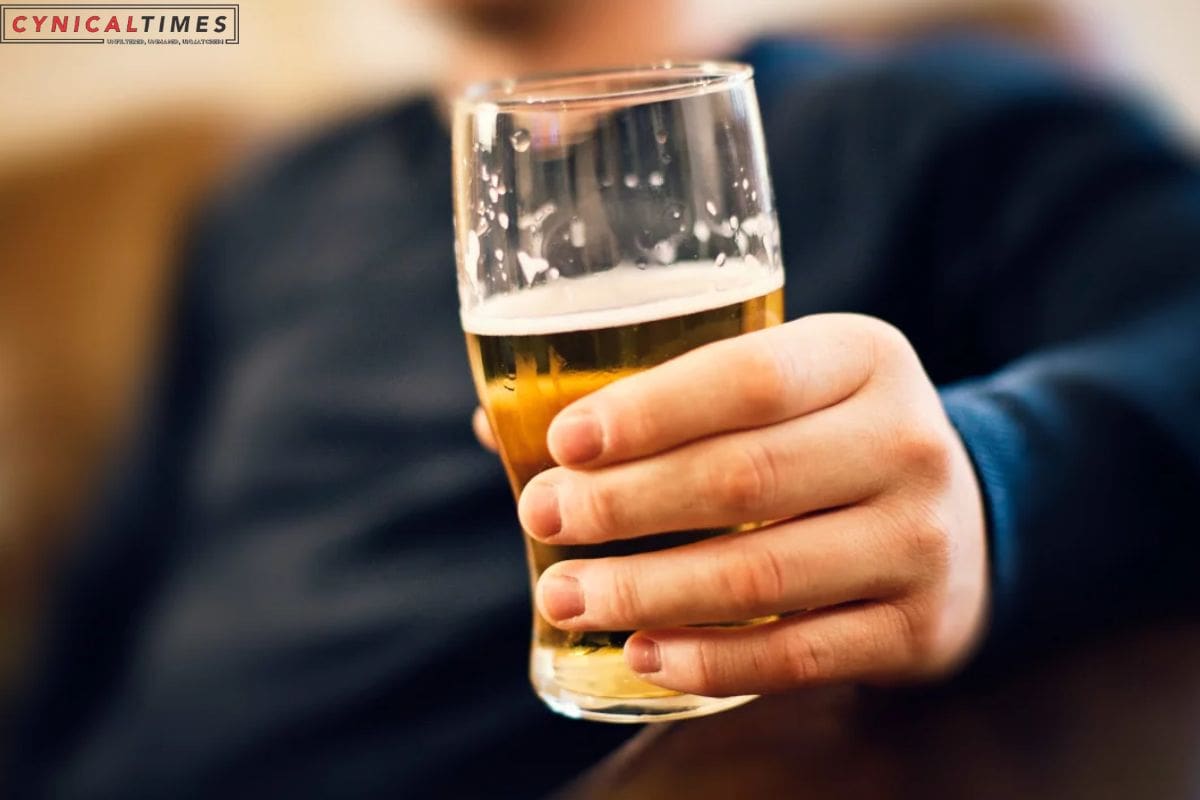Parental Drinking How It Influences: Before talking to your kids about their drinking, consider your drinking habits. A Journal of Adolescent Health study says parents’ drinking can affect their children badly.
The study found that teens with heavy-drinking parents are 4 times more likely to drink. A woman needs four drinks to binge drink, and a man needs five.
Dr. Marissa Esser, the study’s lead author from the US CDC, warns that binge drinking not only risks the drinker but also raises the chance of their children starting to drink.
If a teen drinks alcohol, it can harm their health and brain growth. The age of drinking onset is linked to addiction risk.
Dr. Danielle Dick of Rutgers Addiction Research Center says parents influence children’s drug use. She believes parents and teens drinking together is not unusual, but parental influence on their children’s decisions is vital.
This link may be due to parents allowing kids to drink and practice or easy access to alcohol at home. Genes affect the passing down habits, such as drug use, between generations.
Studies show that early drinking increases addiction risk. Youth needs to delay alcohol consumption.
Families should tell teenagers they disapprove of alcohol while explaining why it’s unsafe. When talking to teens about alcohol, parents and guardians should be kind and understanding so that teens feel comfortable discussing it with them.
Some believe it’s a good idea, but studies suggest it may not work. People who drink at home are likelier to engage in risky behaviour with friends.
Teen binge drinking rates are declining, so it’s important to discourage normalizing alcohol use among teens.
People wanting to drink less alcohol can take steps. Tracking alcohol consumption is a good starting point. Setting goals with loved ones can resist peer pressure to drink. Practical ways to reduce alcohol use: alcohol-free days and non-alcoholic alternatives.
Journalist Rosamund Dean promotes alcohol-free happiness in her book “Mindful Drinking: How Cutting Down Can Change Your Life.”
Ultimately, teens’ alcohol behaviour is influenced by their parents’ guidance and actions.
ALSO READ: Semaglutide Medication Access Gap: Addressing Inequalities
Our Reader’s Queries
How does parental drinking affect children?
When a parent engages in problem drinking, it can have serious consequences for their children’s health. Studies have shown that this behavior can lead to a range of issues, including reduced intellectual capacity and development, heightened neuroticism, and various psychological and behavioral disorders. It’s important to recognize the impact that problem drinking can have on the entire family, and to seek help if needed.
How does family influence alcohol?
Having a parent or close family member with a drinking problem can increase your risk of developing one as well. Research has shown that children of parents who misuse alcohol are four times more likely to struggle with alcohol themselves compared to those without a family history of alcohol misuse.
What influence does alcohol have on children?
Starting to consume alcohol before the age of 14 can have a detrimental impact on the growth and functioning of crucial organs such as the brain, liver, bones, and hormones. This can lead to a host of health risks, including alcohol-related injuries, involvement in violent behavior, and even suicidal thoughts and attempts. It is important to be aware of these risks and to encourage responsible drinking habits to ensure a healthy and safe future.
Are you more likely to drink if your parents drink?
Children who are exposed to heavy drinking or positive attitudes towards alcohol from their parents or peers may be more inclined to drink themselves. The environment in which a child grows up can have a significant impact on their behavior and choices, and alcohol consumption is no exception. It is important for parents and caregivers to model responsible drinking habits and discourage underage drinking to help prevent negative consequences in the future.

